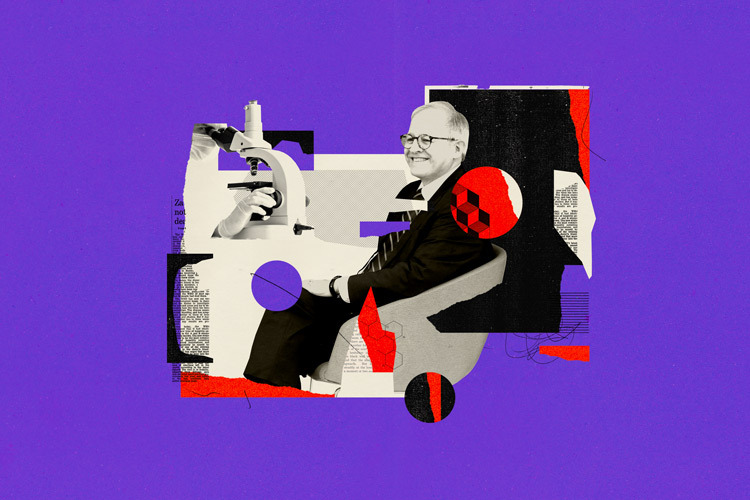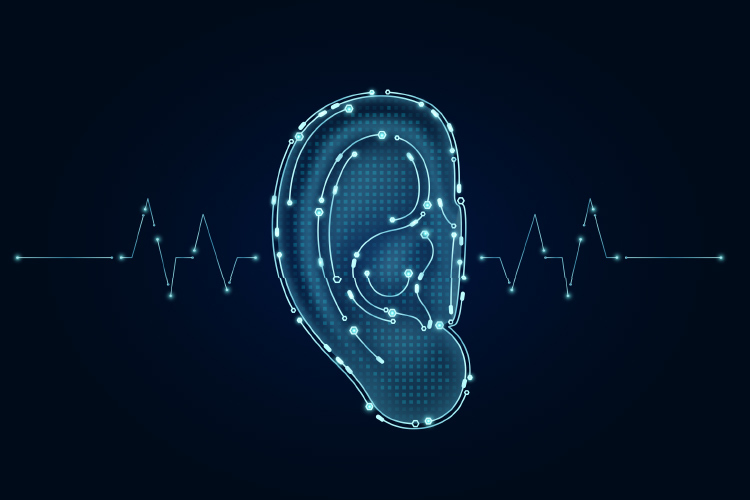Being diagnosed with a brain tumor could be one of the most confusing and scary experiences a person can experience. As it is one of our most important organs, it can cause fear and hopelessness.
Fortunately, in Mexico there is a place that focuses exclusively on treating patients with this condition and aims to provide the best care possible. This is the Brain Tumor Center at TecSalud.
“We want to give patients that confidence that they will be cared for by a team of professional experts committed to their recovery,” says Enrique Caro, neurosurgeon and director of the center, in an interview with TecScience.
Brain tumors are an excessive and uncontrolled accumulation of aberrant cells that accumulate in or near the brain, including those located in the brain, spine, or peripheral nerves.
In general, there are two main types: benign and malignant. Malignant ones are also known as brain cancer and contain cancer cells, are fast-growing, and invade different areas of the brain. Benign ones do not contain cancer cells and usually have a slow growth lasting for years.
In Mexico, there are around 30,000 cases of brain tumors per year.
Brain Tumor Removal Surgery
At the Brain Tumor Center, a multidisciplinary and interdisciplinary group of specialists analyzes each case to find the ideal treatment for each patient. “The idea is to reach what is known as personalized medicine,” explains Caro.
Treatment may consist of surgery to remove the tumor, radiation therapy, radiosurgery or chemotherapy, or a combination of these, depending on the type of tumor.
Surgeries can occur in two modalities: asleep brain surgery or awake brain surgery. In the asleep modality, the patient enters the operating room, anesthesia is administered, and the tumor is removed with precision, avoiding touching other areas of the brain that could cause an injury.
“They tend to be long surgeries that last between four and ten hours; we’ve had some that are twenty hours long,” explains Caro.

In awake brain surgery, the patient is anesthetized for the first phase, where they open the skull to reach the brain. Still, the patient wakes up, and only local anesthesia is administered to avoid pain, but not enough to keep them asleep. During surgery, doctors ask them questions to recognize objects or tell stories.
“If the patient is a musician, for example, we can have a guitar in the operating room to make sure we don’t affect the areas of the brain that are related to their abilities,” says Caro.
The type of surgery used will depend on the location of the tumor, whether or not it is close to cognitive areas related to language, memory, or other skills, and the patient’s physical and emotional state.
Both types are painless, and patients tend to recover quickly. According to the expert, a cesarean section hurts more.
An Interdisciplinary and Multidisciplinary Group
The center was inaugurated on September 2, 2023, at the Zambrano Hellion Hospital in Monterrey. It is the first center of its kind in Mexico, and what distinguishes it is that it brings together everything necessary to treat brain tumors in one place.
To arrive at the best treatment, they use a planning approach called a tumor board, centered on meetings of a team of different health experts and specialists to review each case, share results, and monitor each patient’s progress.
“There are neurosurgeons, oncologists, radiation oncologists, pediatricians, pathologists, radiologists, and more who are involved,” says Caro.
In addition, the center has state-of-the-art equipment, such as a robotic microscope, intraoperative ultrasound, neuronavigators, and fully equipped operating rooms.
Its specialists have been working with this type of tumors for more than 10 years and are constantly updating themselves to be at the forefront of treatment.
According to Caro, some of the symptoms that could be warning signs are headaches that are worse in the morning, nausea, balance problems, facial paralysis, difficulty speaking or swallowing, confusion, and seizures.
If a person suspects that they might have a brain tumor, the expert invites them to attend the center, where they will be treated quickly by a group of committed specialists.
“We are all going to take care of them and be committed to their treatment and care,” Caro concludes.
















